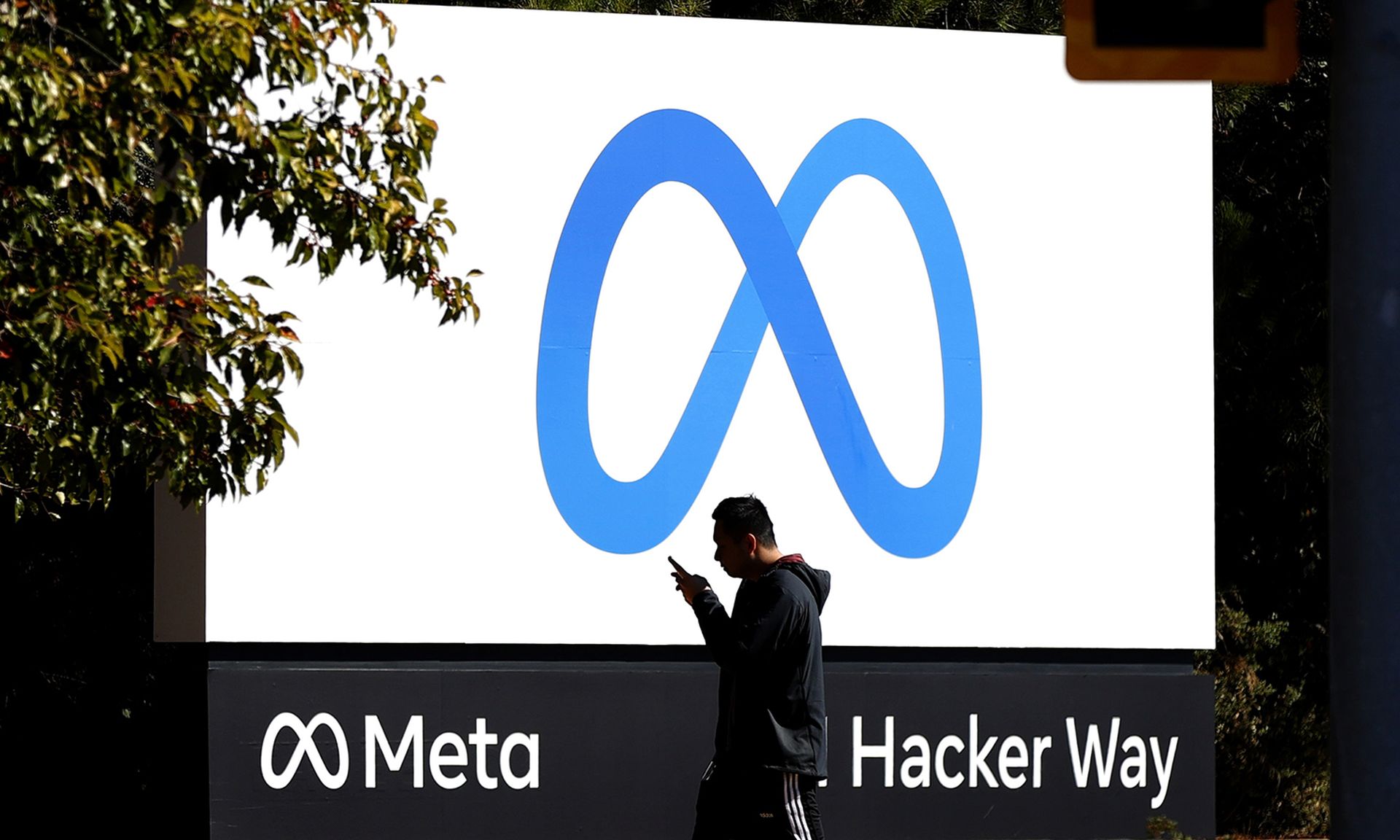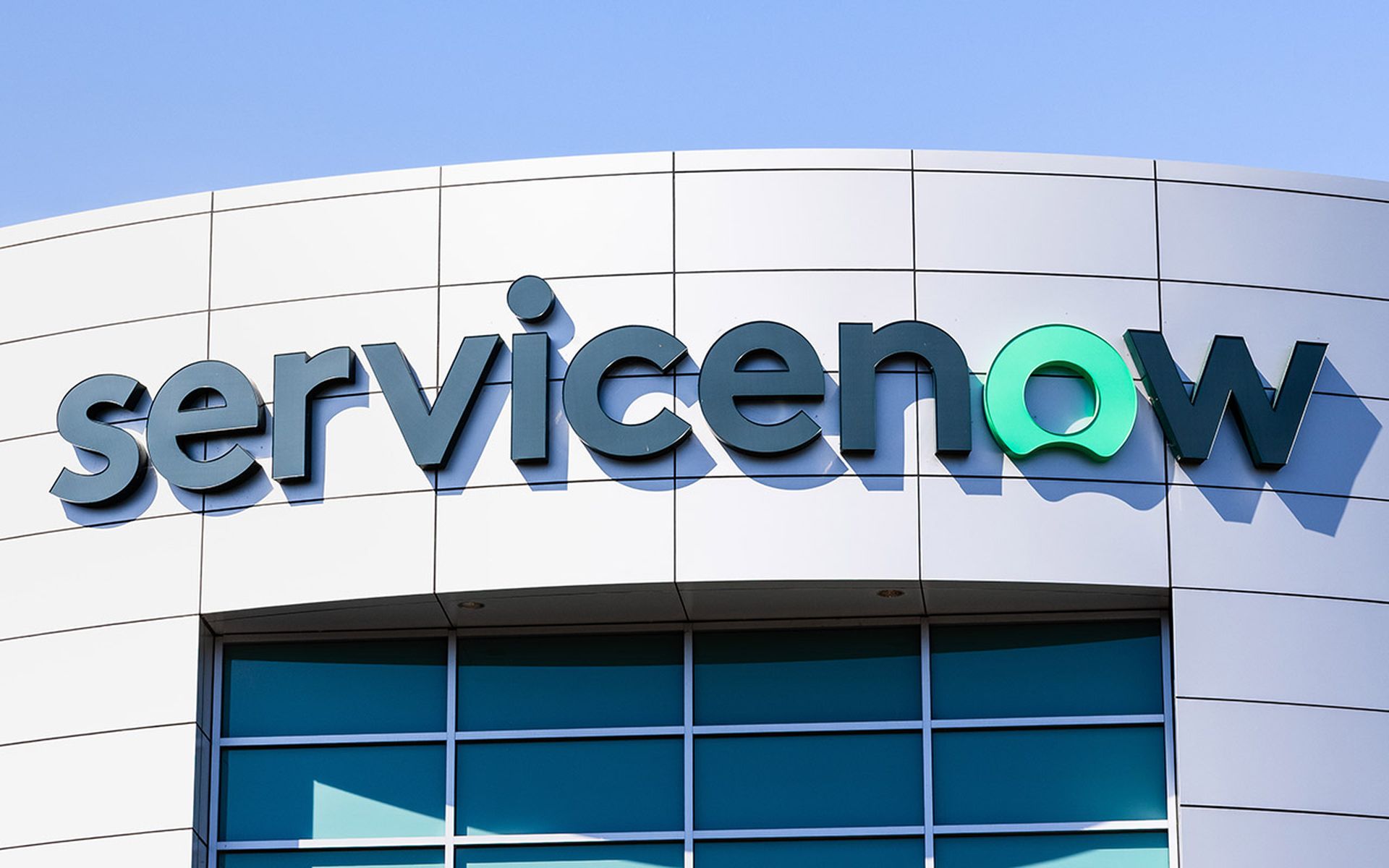Brand reputation has become an important factor in advancing a company’s growth. How the market and stakeholders and customers perceive a brand could mean success or failure. Perspective and opinion spread more quickly these days because of social media platforms. This changes the game in terms of reputation management, and organizations need to understand how to tread carefully in this cancel-prone culture.
The landscape of misinformation and disinformation
Urban legends and false rumors have always existed, but social media makes it easier than ever to sow seeds of mistrust and disseminate false information. In many ways, we’re living in a Golden Age of misinformation and disinformation. What’s the difference between the two? Disinformation intentionally spreads false information, while misinformation typically revolves around a case of misunderstanding in which someone unintentionally spreads “information” that’s inaccurate.
This situation, combined with increasing societal polarization, harm both individuals and companies as well. It’s difficult to manage, and it’s something that most companies don’t know how to combat or don’t have the resources to combat.
There are two main groups responsible for disseminating disinformation and misinformation with the intent of damaging brands’ reputation:
- Bad actors who want to make money or cause mischief. They’re looking for some kind of payout, or they want to embarrass people or companies. Sometimes it may even be the company’s own employees perpetrating the reputation damage. Sometimes it’s not really done on purpose; it could happen when someone uses the wrong wording on a social media post.
- Nation-state actors who aim to destabilize selected regions and countries, as well as individuals they don’t like. A current case in point is what we’re seeing with Russia and the Ukraine.
Then there are just poorly thought-out corporate communications. For instance, in 2017, Adidas was a sponsor of the Boston Marathon. They sent out an email to marathon finishers that said, “Congrats, you survived the marathon!” However, this came just a few years after the fatal terrorist bombing at the event – so the phrasing was a poor choice, even if it wasn’t meant with bad intent. But it certainly didn’t help the company’s reputation.
In cases like this, improved training for the communications team can help. But it’s another story with misinformation and disinformation; companies don’t have control over it.
Staying ahead of disinformation
Companies can address disinformation to protect reputation by staying at least one step ahead of it – the earlier the better. They need to have a process in place that identifies disinformation about the brand has happened at the earliest point as it begins its journey through the echo chamber of social media. If the company is 30 minutes late to the party, it's likely to already have negatively impacted its reputation.
Start by having a robust corporate presence on social media. If the company doesn’t, it will find it that much harder to combat an instance of disinformation aimed at the company. Companies need to address disinformation on the platforms where it’s appearing, and that’s not possible if they don’t have social accounts and aren’t regularly communicating and interacting with customers and the public at large. Once the company establishes a presence on social media, it needs to monitor and track social media. In today’s world, not doing so isn’t an option – at least, it’s not a viable one.
Develop a system for monitoring and tracking
Implementing a solid process and solutions for social media monitoring and tracking will help companies monitor these conversations so that when something negative does arise, they can evaluate it and then decide the best response. Managers must remember that with social media in general, there’s no provenance. And no individual fact-checking; we live in a world where people read headlines (not the whole article) and immediately react. For the most part, people are allowed to say what they want to say, when they want to say it.
It’s also important to have a measured, non-reactive response strategy in mind. Investigate negative posts and look at the traction to determine what reach they have. Tools like trust scoring and sentiment analysis, coupled with investigating reach and engagement of posts/accounts, can help the company formulate a plan because it will have a better sense of how this post might affect the brand. It’s also important to evaluate the authenticity of the accounts amplifying these types of posts.
Create a documented plan and procedure in place – just like the company would have a crisis communications plan for public relations – for how to evaluate and respond to these types of campaigns. Having that in place will go a long way toward ensuring the company doesn’t act rashly or jump the gun without having all the facts in hand to make a measured response.
Managing corporate reputations
Companies can no longer think that their brands are a given: social media sentiment can change in the blink of an eye, with the potential to undo years of hard work. The market offers solutions to help companies conduct social listening and find out whether posts and accounts are authentic. It’s also important to have a contingency plan for addressing negative social sentiment. In the short-fused environment of social media, these are essential elements for reputation management.
Darren Millar, senior vice president of operations, PiiQ Media




